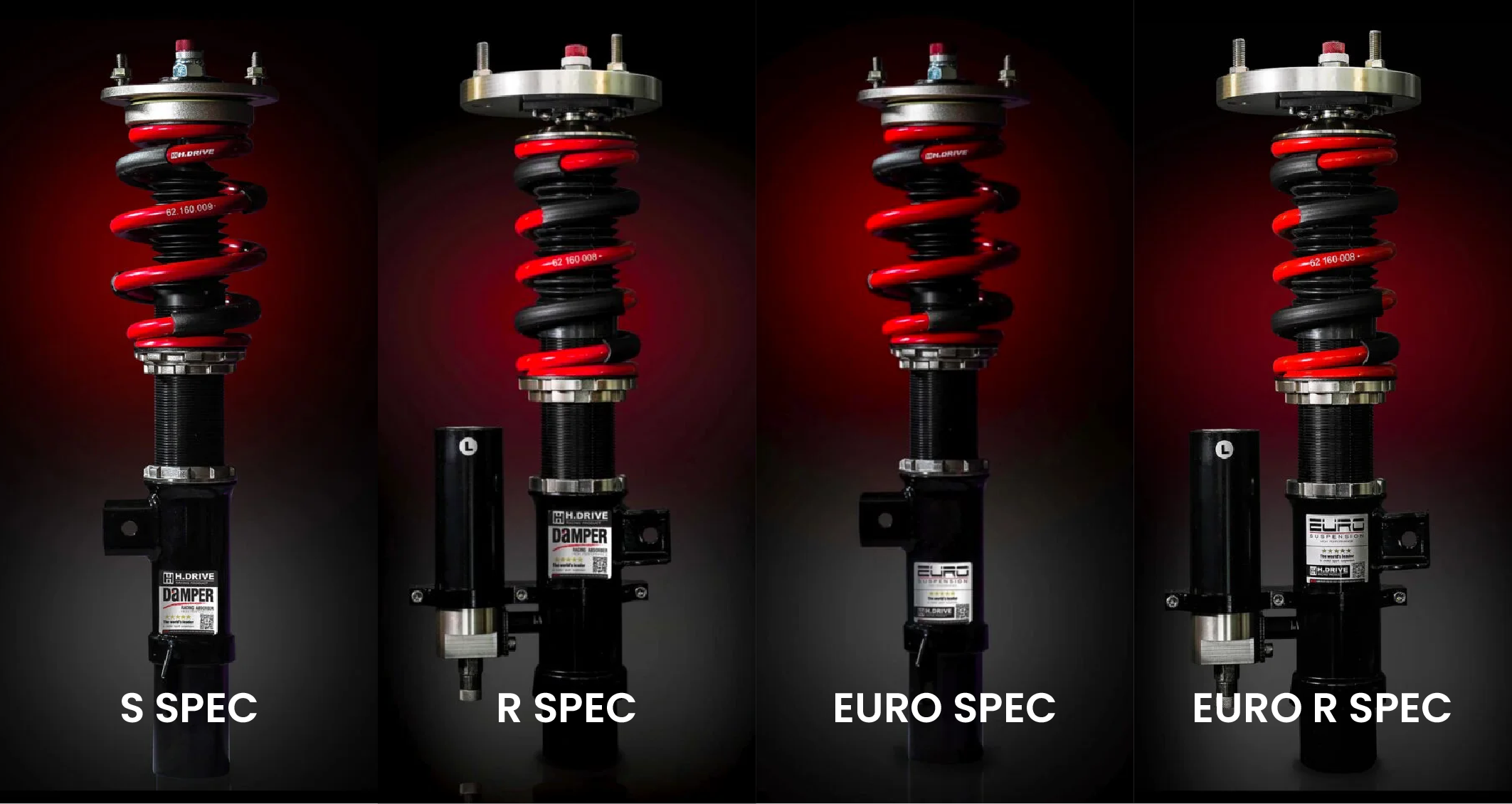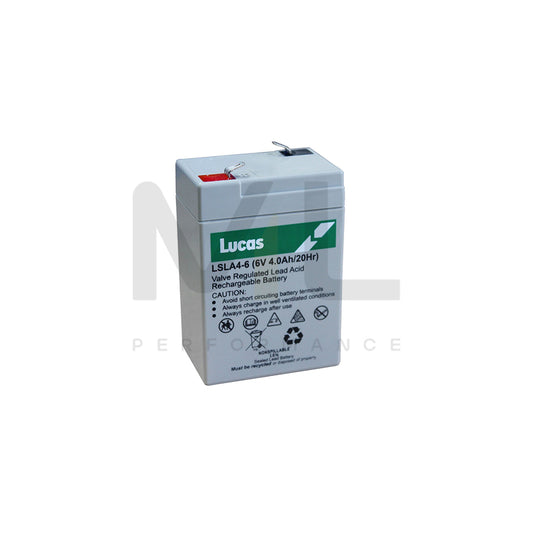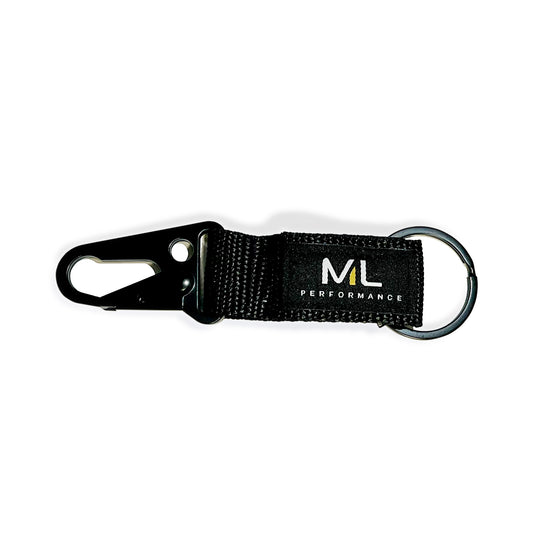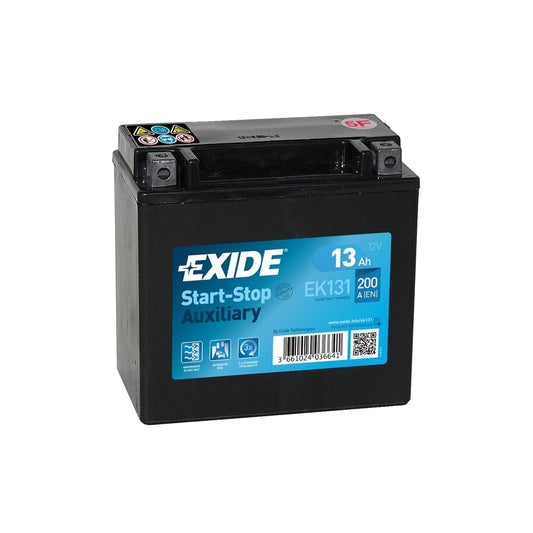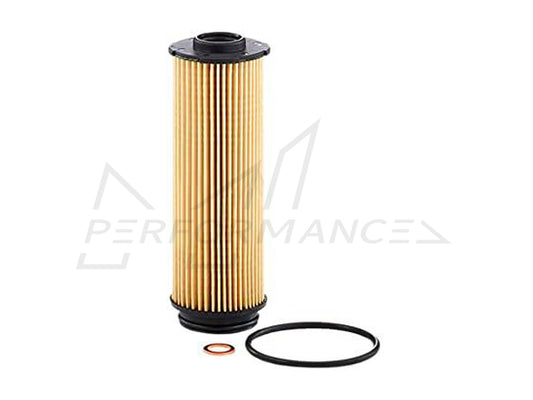×
SECTION 27 - SPECIAL ORDER CANCELLATIONS
We understand that circumstances may change, and you may need to cancel a Special Order. While we strive to be flexible, please note that cancelling a Special Order is subject to our approval and not guaranteed, as these items are procured specifically for you and often involve limited availability.
When reviewing cancellation requests, we consider several factors:
- Order Stage: If the order has already been placed with the supplier or production has begun, cancellation may not be possible.
- Supplier Policy: Some suppliers have strict cancellation rules for Special Orders, which we are required to follow.
If we approve your cancellation, a 30% restocking/handling fee will apply to cover administrative and processing costs. This fee is non-refundable.
In exceptional situations—such as our error (e.g., incorrect item supplied) or supplier error (e.g., damaged or defective product)—the restocking fee will be waived, and we will work to resolve the issue at no additional cost to you.
In General, Special Orders cannot be returned for a refund or exchange.
Please be aware that Special Orders may have extended lead times of up to 6 months, depending on supplier availability. This information will be provided at the time of ordering.
While we cannot guarantee cancellation, we value your satisfaction and will make every effort to assist you within the limitations stated above. By placing a Special Order, you acknowledge and agree to these terms and conditions.
Fitment Responsibility for Special Order Items
Customers are solely responsible for confirming that any Special Order item is suitable for their vehicle. To help verify compatibility, ML Performance may request your Vehicle Identification Number (VIN) or vehicle registration number.
If you choose not to provide this information, you acknowledge that we cannot confirm compatibility and agree to proceed at your own discretion.
Once a Special Order has been confirmed and processed, it is strictly non-cancellable and non-returnable, except in cases of confirmed supplier or manufacturing fault. ML Performance is not liable for fitment issues, incompatibility, or associated costs arising from incomplete or incorrect vehicle information, or from the customer choosing not to provide a VIN or registration number.
By placing a Special Order, you explicitly acknowledge and accept full responsibility for the fitment and compatibility of the item.


















